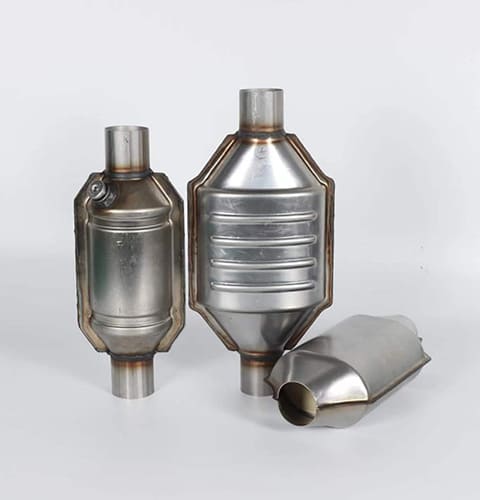Ever since the United Kingdom’s historic decision to leave the European Union, industries across the board have been navigating the new, uncharted waters of post-Brexit trade and regulation. One such industry, significantly impacted, is the automotive sector, particularly in the realm of emission control technologies like Gasoline Particulate Filters (GPFs). What does this mean for B2B clients looking to thrive in the UK’s evolving GPF market?
Post-Brexit, the UK’s GPF market presents both challenges and opportunities. Changes in trade agreements, regulatory environments, and supply chain dynamics have created a new playing field. For businesses in the automotive sector, understanding these changes is crucial for strategic planning and maintaining competitiveness. This landscape offers a unique blend of challenges and opportunities, driven by shifts in regulatory frameworks and market demands.
The transition out of the EU has brought with it a need for adaptation. Businesses must stay agile, adapting to new regulations while seizing emerging opportunities in the UK’s distinct market.

How Has Brexit Impacted the UK’s Automotive Emission Standards?
One of the immediate concerns for the automotive industry post-Brexit is the alignment (or divergence) of emission standards. The UK has historically followed EU regulations, including those related to vehicle emissions. However, post-Brexit, the UK has the autonomy to set its own standards. This could mean stricter or more lenient regulations compared to the EU, affecting the demand and specifications for GPFs in new vehicles.
For B2B clients, staying informed about these regulatory changes is critical. Adapting product offerings to meet new standards will be essential for maintaining market relevance. Additionally, changes in standards could open doors for innovation and new product development tailored to the UK market.

Navigating Supply Chain Adjustments in the Post-Brexit Era
Brexit has also led to significant shifts in the automotive supply chain. Import and export tariffs, border controls, and changes in trade agreements affect how automotive components, including GPFs, are traded. Supply chain resilience has become more crucial than ever. Companies need to reassess their supply chain strategies, considering factors like sourcing materials, manufacturing locations, and logistics.
For businesses in the GPF market, establishing robust supply chains and local partnerships can mitigate risks associated with cross-border trade disruptions. There’s also an opportunity to capitalize on ‘Made in Britain‘ appeal, which could become a valuable selling point in both domestic and international markets.
What Opportunities Exist for B2B Clients in the UK’s GPF Market?
Despite the challenges, Brexit offers unique opportunities for B2B clients in the GPF market. The potential for tailored UK-specific products and solutions is significant. As the UK automotive industry adapts to new standards and consumer demands, the need for innovative emission control technologies like GPFs is likely to grow.
Additionally, the UK’s commitment to environmental sustainability and reducing vehicle emissions remains strong. This commitment could translate into continued or increased support for technologies that help achieve these goals, including GPFs.

Conclusion
The UK’s post-Brexit GPF market represents a dynamic and evolving landscape for B2B clients. Staying abreast of regulatory changes, building resilient supply chains, and exploring new market opportunities are key to navigating this landscape successfully. For businesses ready to adapt and innovate, the post-Brexit era can be a time of significant growth and development in the GPF market. It’s not just about overcoming challenges but leveraging them into strategic advantages for a stronger market position in the UK and beyond.


